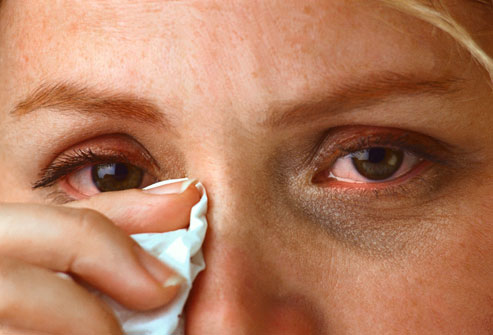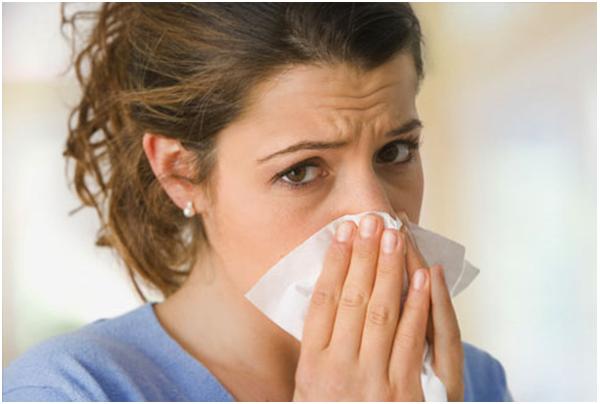Hay fever is one of the things many millions of people hate when the summer arrives. As soon as the pollen levels start to rise, you get those familiar symptoms and reach for the antihistamines.
However, for some people, the usual symptoms of hayfever are joined by some you might not expect. Here are five symptoms that you may not know even have a link to hayfever.
1. Hay fever rash
If you are a gardener who loves tending to plants, or you enjoy walking through public gardens, then you might find that you notice a rash on your hands or arms. This rash can be caused by a number of things, but it is also possible that you have an allergic reaction to the plants or pollen.
Itchiness and red patches on the skin are common signs that can disappear and reappear later on. If this is something you have never experienced before, then you should get it checked by your doctor to ensure it isn’t caused by something else.
If you do get a severe reaction to hay fever, this can be one reason to consider a hayfever jab this summer to help alleviate the symptoms.
2. Allergic shiners
You get allergic shiners when you get dark circles under the eyes that are slightly swollen. This is caused by nasal congestion that leads to the blood pooling under the eyes in the tiny vessels.
Along with these dark circles, you will get sore, itchy and watery eyes, which are common symptoms of hay fever. However, some other allergies such as pet or dust mites can also cause allergic shiners.

There are some medical conditions that can also cause this to happen, so it is always advised to seek the opinion of your doctor.
3. Brain fog
Some scientists have claimed that those suffering from hayfever might get ‘brain fog’ as well. It was found in one study that cognitive function can be maintained for a short time, but decreases the longer the person suffers from hayfever.
It appears that allergies can put a strain on the brain over time and diminish memory and other cognitive functions. The researchers also discovered that new neurons were formed, but that the brain’s immune cells or ‘microglia’ were deactivated.
4. Ear infections
For children who suffer from hayfever, it can often lead to an ear infection. This is because the ears of children might not drain as well as those of adults, so the build-up can become infected and cause pain. Children are more susceptible to ear pain and infections, and having hayfever can make this worse.
If this happens, or your child is suffering from severe hayfever, they should be checked by their doctor so that they can monitor their ears and sinuses.
5. Sinusitis
Just like with the ears, a build-up of mucus as a result of hayfever can cause sinusitis. This usually happens with prolonged build-up of mucus from having hay fever for an extended period.

What can be done to prevent hayfever?
If you are getting bad symptoms of hayfever, then there are things you can do to lessen the symptoms or perhaps stop them altogether.
- Antihistamines are usually the first line of defence against hayfever. These can be bought over the counter and usually give 24-hour relief. There is also the hayfever injection for more severe cases.
- Washing your clothes often is another good way to stop pollen sticking to your clothes and causing your symptoms to worsen.
- For severe sufferers, there is corticosteroid, which is a steroid that can help reduce the inflammation and relieve the symptoms.
- Nasal decongestants are a good way to relieve a blocked nose or sinuses. They should always be used after consulting the chemist or your doctor.
- Eye drops are sometimes used to help with the itchy and puffy eyes that some people get with hayfever. They can be soothing and allow the eyes to recover.
- Immunotherapy is often the last resort if all other treatments have failed to work. This involves exposing the sufferer to small amounts of pollen either by injection or as a tablet. This is then monitored and repeated over time to hopefully allow the body to stop reacting to the allergen. This type of treatment is only performed in specialist medical centres.
Conclusion
Hayfever can be not only unpleasant, but also lessen your quality of life. It is important to seek professional medical help if you are getting severe hay fever symptoms and you need some treatment.




